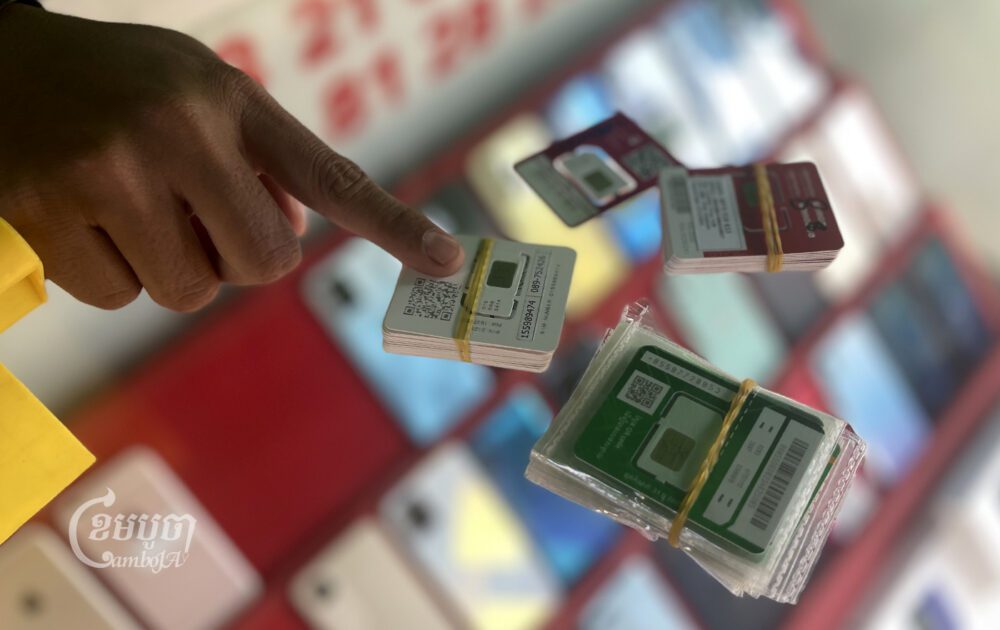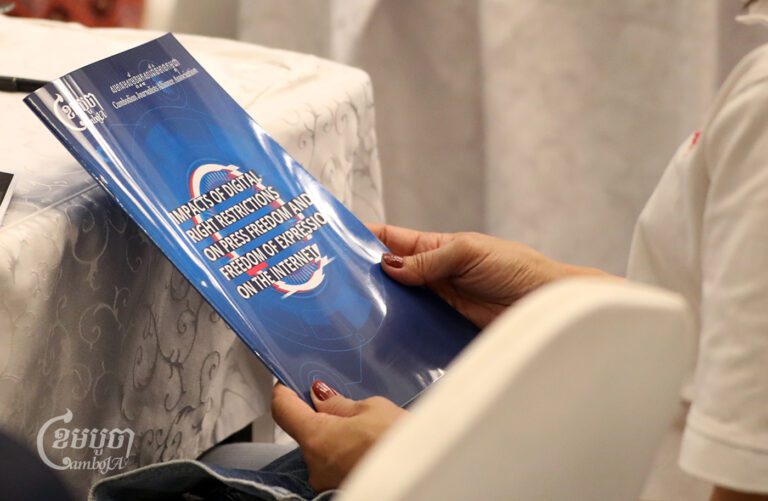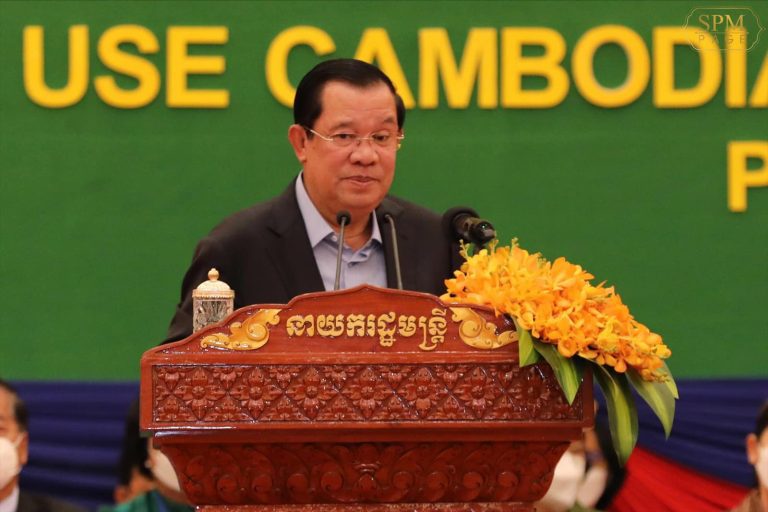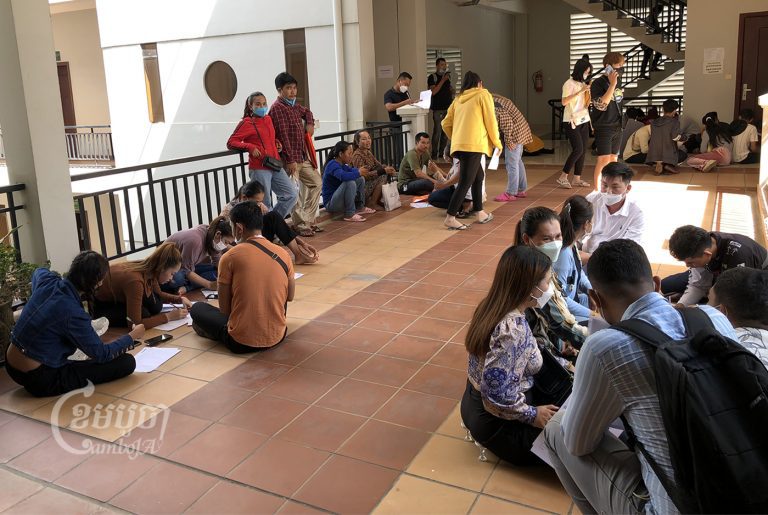All devices using SIM cards will be registered in a national database established by the Ministry of Posts and Telecommunications, according to a February sub-decree signed by Prime Minister Hun Sen.
The Ministry says the mandatory registration is intended to increase tax revenue and prevent the use of counterfeit, illegally-imported devices and stolen devices.
But some activists and technical experts worry the sub-decree would allow the government to more easily track and surveil citizens to crack down on dissenting voices. One digital security expert warned that, without proper safeguards, the measure could allow for far-reaching “mass-surveillance.”
Under the sub-decree, all phones, along with some kinds of computers, modems, e-books and other electronic devices using SIM cards, must register their International Mobile Equipment Identity (IMEI ) within the government database. IMEI’s have been described as “your phone’s fingerprint” due to their unique numeric code, distinct from a physical serial number.
At least 21 countries are known to have an IMEI database, including Myanmar, North Korea, India, Indonesia and Iran.
The government’s new database will save and verify information about each device using their IMEI. The sub-decree states that the database will be used to “find and identify duplicate IMEI in each mobile operator network and suspend invalid IMEI.”
This is intended to allow the government to hone in on fake or illegally imported devices, Liv Sophanarith, undersecretary of state for the Ministry of Posts and Telecommunications told CamboJA. SIM-card using devices already connected to a cellular network like SMART or Cellcard will automatically have their device’s identity registered into the system, Sophanarith added.
When a device is registered, the owner can request the mobile operator network suspend the operation of their registered device if they report it lost or stolen, according to the sub-decree.
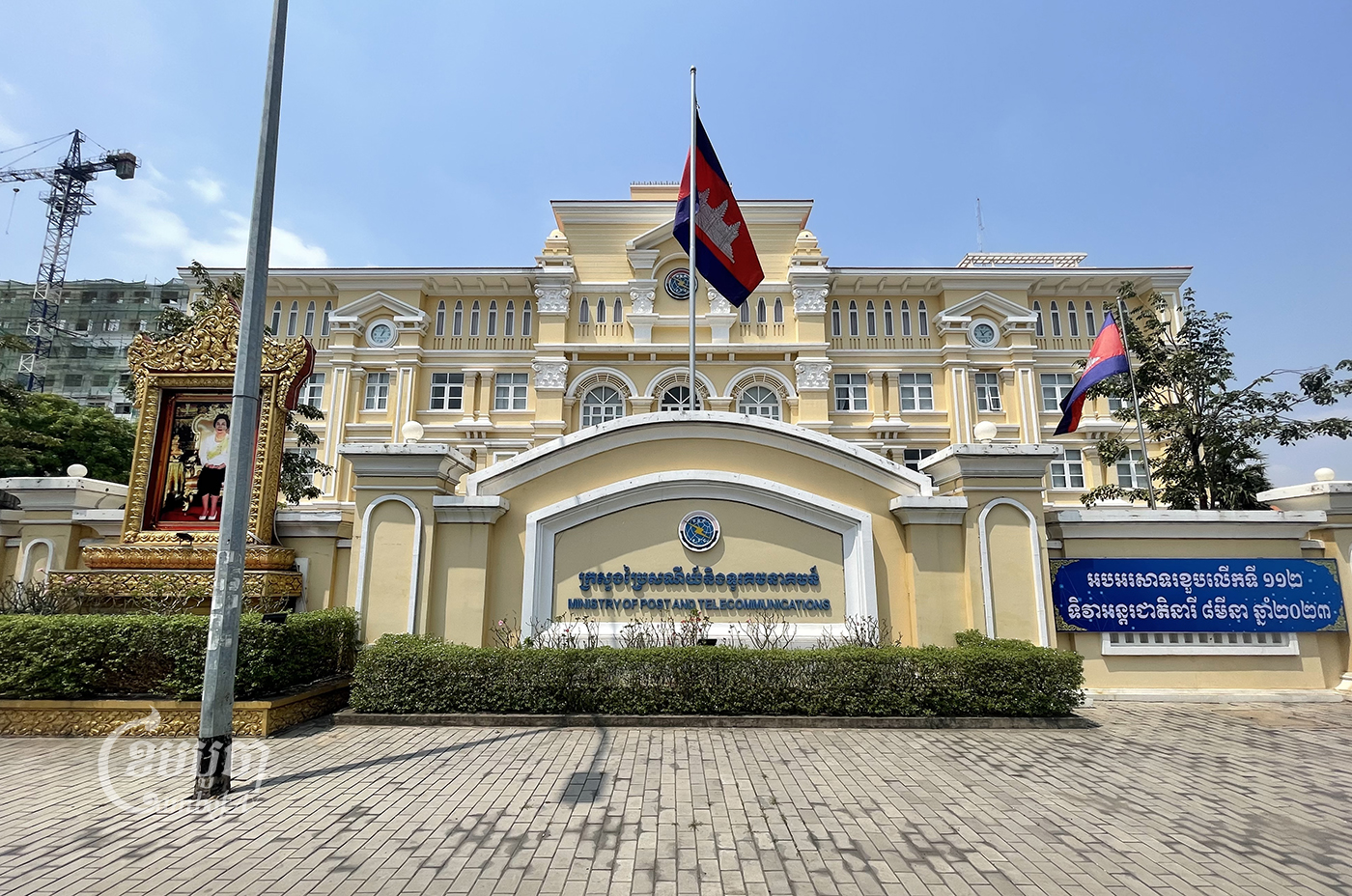
Sophanarith said the measures were aimed at improving users’ safety, cutting down on crime, increasing transparency in telecommunications service providers and collecting taxes through the device registration.
All retailers are now required to register the identity of their device, meaning that when most people buy a SIM-card-using device like a mobile phone, it will have already been entered into the system.
There will also eventually be a website set up to allow people to register existing SIM-using devices which were never connected to a mobile operator. People can register their device within one year without paying a fee, Sophanarith said.
The registration system can also be used to “analyze and report information related to the IMEI number.”
“There is no side effect or relevance to the privacy of users,” Sophanarith said.
But the digital security expert, who requested anonymity, said the sub-decree, while helpful to increase tax revenue, appears to have lacked valuable input from civil society and other stakeholders.
“Knowing the IMEI for tax collection purposes is fine but misusing it to track and monitor people could be a breach of privacy,” the expert said.
He explained that people’s privacy could be compromised through enhancing the government’s ability to remotely turn off devices, track and monitor device users. Journalists, human rights workers, politicians and business people may have concerns, he added.
“In terms of privacy, when our equipment has been identified or tracked, we feel unsafe,” said San Mala, an environmental activist. “This could be a threatening thing to those who are not pro-government.”


